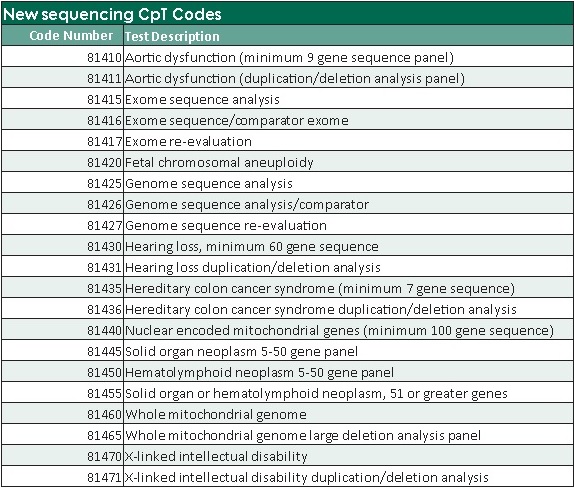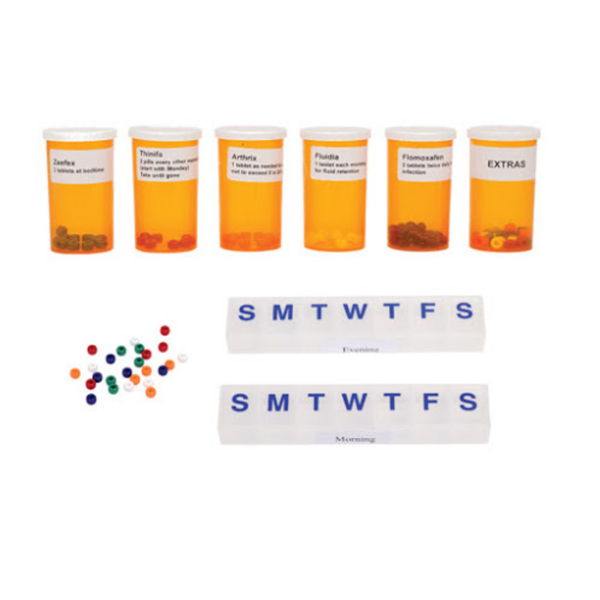

To delineate the specific cognitive basis of functional complaints. To determine the clinical and functional significance of a brain abnormality. To provide a differential diagnosis from a range of neurological/psychological disorders that present with similar constellations of symptoms, e.g., differentiation between pseudodementia and depression.

To assist with diagnosis and management following clinical evaluation when a mental illness or psychological abnormality is suspected. The purpose of psychological testing includes the following:
Moca test cpt code professional#
All psychological tests should be administered, scored, and interpreted by a trained professional such as a clinical psychologist, psychologist, advanced nurse practitioner with education in this area or a physician assistant who works with a psychiatrist with expertise in the appropriate area. Psychological testing requires a clinically trained examiner. Psychological tests are used to assess a variety of mental abilities and attributes, including Central Nervous System (CNS) Assessments such as neuro-cognitive, mental status, achievement and ability, personality, and neurological functioning.

Indications and Limitations of Coverage and/or Medical NecessityĬPT codes 96101, 96102, 96103, 96105, 96111
Moca test cpt code trial#
Typical types of focus for psychological assessment provide a diagnosis for treatment settings assess a particular area of functioning or disability often for school settings help select type of treatment or assess treatment outcomes help courts decide issues such as child custody or competency to stand trial or to help assess job applicants or employees and provide career development counseling or training.

Psychological assessment is a complex, detailed, in-depth process. Many psychologists do some level of assessment when providing services to clients or patients, and may use for example, simple check lists to assess some traits or symptoms. A psychological test is one of the sources of data used within the process of assessment usually more than one test is used. Collateral information is also collected about personal, occupational, or medical history, such as from records or from interviews with parents, spouses, teachers, or previous therapists or physicians. Psychological assessment is a process that involves the integration of information from multiple sources, such as tests of normal and abnormal personality, tests of ability or intelligence, tests of interests or attitudes, as well as information from personal interviews. Psychological assessment is similar to psychological testing but usually involves a more comprehensive assessment of the individual. The clinical assessment would determine the types of tests and how those tests should be administered.” The interview would involved clinical assessment of several domains including but limited to thinking, reasoning and judgment, e.g., acquired knowledge, attention, language, memory, planning and problem solving and visual spatial abilities. The status exam involves clinical assessment of the patient, collateral interviews (as appropriate and review of prior records.


 0 kommentar(er)
0 kommentar(er)
